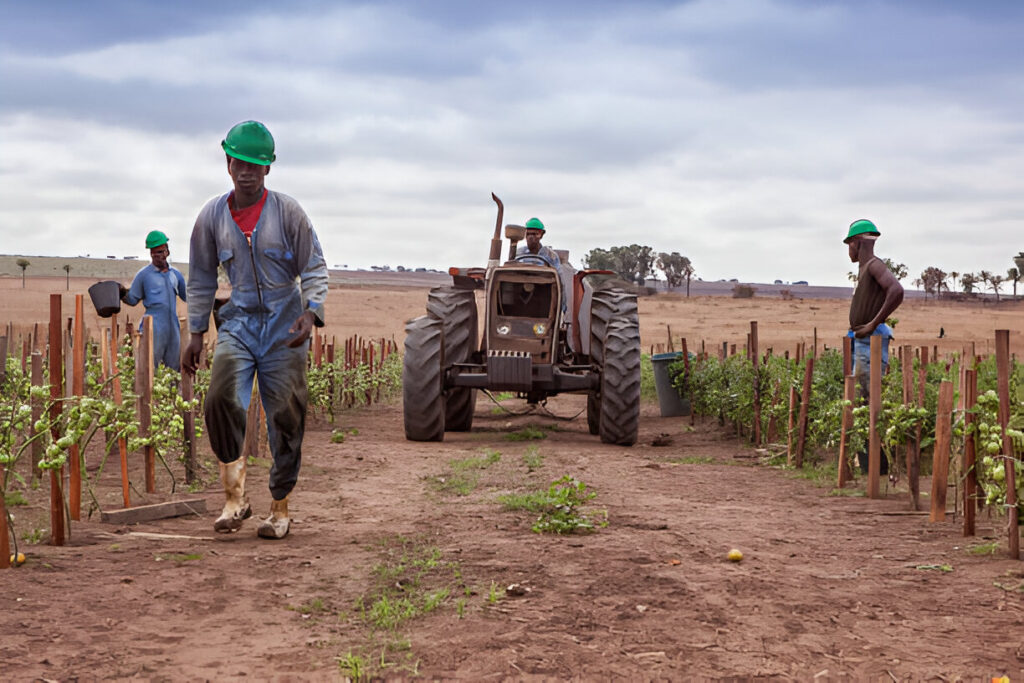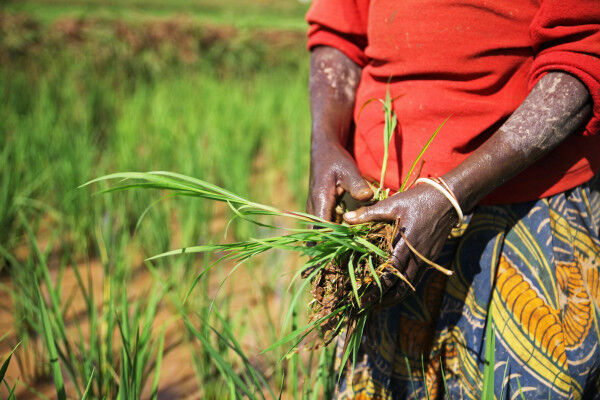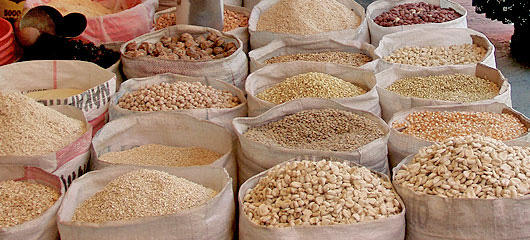
From its vantage position as one of the leading Cocoa producers in the world, Nigeria only manages to process a meager 0.1 per cent of its cocoa beans into chocolate.
Currently, the country is ranked 4th in cocoa production behind Cote d’Ivoire, Ghana, and Indonesia in the world, with a production capacity of 340,163 tonnes, yet it has failed to tap into the potentials of the produce’s value chain.
The Founder of International Cocoa Diplomacy (ICD), the Oloni of Eti-Oni, Osun State, Oba Dokun Thompson, who made the revelation to The Guardian, said the country is losing an average of about $2b yearly due to this failure.
“Nigerians are yet to understand the value of cocoa consumption and the fact that the primary and most popular consumption product of cocoa is chocolate.” He, however, expressed optimism that Nigeria has the capacity to increase its production to about 1.5 million tonnes per year, consume most of it and also supply the rest of the African continent before exporting to Europe or America.
While noting that increasing the country’s chocolate production is easy and possible, he cited difficult environment, lack of access to capital and packaging as some the obstacles to achieving the target.
“There are several challenges and several factors. The first, which is actually the most fundamental and most important aspect of it, is the culture of Cocoa – to understand cocoa and the broad definition in terms of primary production, secondary production and tertiary production.
“Each phase of those production lines has its use because we see it as raw materials, in other words, that’s where we keep the maximum value because we don’t have any use for it at the primary and tertiary levels. The secondary is the one that produces industrial products; the tertiary produces finished products – consumable products by the end users,” he said.
The monarch said the second challenge is the fact that there’s need to understand the technology that the produce requires to turn it around for that purpose.
“Then, the third challenge, because we don’t understand the technology that’s required for the conversion of cocoa into other products that add more value to it, we don’t have access to the machinery because of cost and funding. If we even have it at all, it’s going back to the artistic aspect of it, you’ll now need to understand how to brand it, how to package it, how to define it. Chocolate is defined by their origin, these are parts of the attributes used to define the value of chocolate, we tried to define the Nigerian chocolate based on our vibrancy in colours, from our multi-ethnicity, religiosity and others.
“Then, the fourth is the main problem – the funding. If I want the technology, I need funding, which is not available because people don’t believe in it. Unfortunately, we have a good number of small bag chocolate makers. Lets assume we produce 350, 000 tonnes of chocolate, in truth, the small bag chocolate makers will not do more than 350 tonnes of chocolate yearly, which is actually 0.01 per cent.
“So, what we need to do is to create the culture, in the manner in which rice is created into part of our culture, after a while, after several uses, we created fried rice from it, we created jollof rice, we created coconut rice, we created all sorts of things and today when you go into some stalls, you’ll see different flavors of rice mixture. Chocolate can also be done in that manner.”
He said part of the aim of founding the ICD, was to help the country bridge the gap, while creating the culture and also giving the opportunity to create partnership, collaborations and at the same time an opportunity for people to have a better understanding, to create fully grown standard that will address issues around sustainability, climate stuff and other issues.
“So, the International Cocoa Diplomacy is working along this line, in partnership with the likes of Cocoa Research Institute of Nigeria (CRIN) and others, so that they know what we are doing and everybody can be carried along, to understand that we need to do something because if we don’t do anything at the local setting, we’ll never get it right.”
The National President of Cocoa Association of Nigeria (CAN), Mr. Moruf Abolarinwa, who in a recent chat said stakeholders livelihood is built on income from cocoa, added that they have invested and continue to invest billions of naira in the business, as a way of contributing their quota to the economy and provide sustainable jobs for millions of women and youth.
He said: “In spite of the neglect of the industry and the myriad of challenges that we face, Cocoa is still Nigeria’s number one non-crude oil foreign exchange earner. Our contribution to the nation’s economy exceeds N400b per year from sale of cocoa beans and secondary products. There are over 500,000 cocoa farmers in 14 major cocoa producing states, over 100,000 factors and licensed buying agents.
“There are nearly 50 major local cocoa exporters, over 20 foreign exporters all of who employ hundreds of thousands of Nigerians. Cocoa industry is real in Nigeria.”






